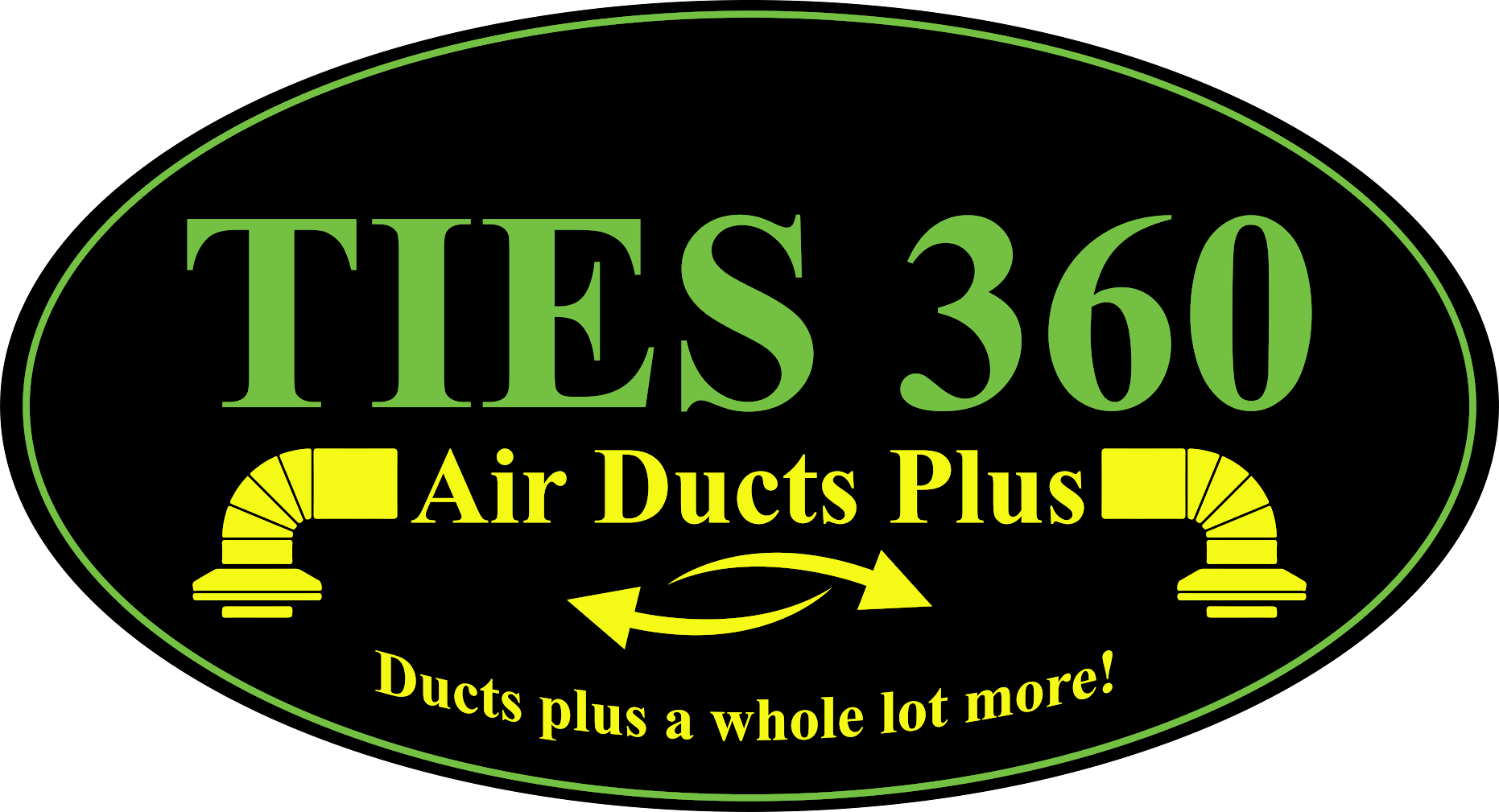Your indoor air quality (IAQ) might not seem like an issue at first glance when considering business priorities. But in commercial settings, the quality of the air your employees and clients breathe can impact health, productivity, and even your company’s reputation.
Poor indoor air quality can lead to various health issues, from respiratory problems to frequent absenteeism, making it essential for any business owner to address IAQ proactively.
Since you spend longer hours in the office jostling tasks, working on sometimes heavy-duty equipment that emits toxic waste and stealthily pollutes the air. Your air conditioners, computers, printers, and the host of gadgets that run continually send out unclean air into your office atmosphere, giving a reason for concern.
This article will explore the importance of indoor air quality (IAQ) in commercial buildings, common pollutants found in workplace environments, and practical steps to improve IAQ to support a healthier, more productive work life.
Key Takeaways
- Poor indoor air quality (IAQ) can lead to health issues such as respiratory problems, headaches, and fatigue, adversely affecting employee productivity and overall workplace satisfaction.
- Offices often harbor various pollutants, including dust, mold, volatile organic compounds (VOCs), and bacteria, which can compromise air quality and employee health.
- Some effective ways to enhance IAQ include routine HVAC maintenance, increasing ventilation, using air purifiers, opting for low-VOC products, and managing humidity levels.
- TIES360 is a NADCA-certified air conditioning restoration service that specializes in comprehensive indoor air quality solutions for businesses, such as air duct cleaning and nicotine removal. Schedule an appointment for fresher and cleaner air for your home or office!
What is Indoor Air Quality in Commercial Spaces?
Indoor air quality (IAQ) is a measure of the air’s cleanliness within and around buildings, impacting the comfort and well-being of those inside. For commercial buildings, maintaining good IAQ means reducing the presence of harmful pollutants while ensuring proper ventilation and humidity levels.
Unlike residential areas, commercial buildings often have multiple sources of air pollutants. These range from cleaning products to office equipment, as earlier mentioned. Good IAQ in business settings requires consistent ventilation, monitoring of pollutant sources, and regular maintenance of HVAC systems.
Why is it Important for Your Business?
For business owners, IAQ isn’t just about providing clean air. It is also about creating a productive, comfortable environment for employees and visitors.
Poor IAQ can significantly affect productivity, as employees may suffer from symptoms like headaches, fatigue, or difficulty concentrating. Research even shows that poor air quality is linked to reduced cognitive function, meaning tasks may take longer, and work quality can suffer.
According to the United States Protection Agency(EPA), “Indoor air quality (IAQ) problems are not limited to homes. Many office buildings have significant air pollution sources. Some of these buildings may be inadequately ventilated.”
Over time, businesses with consistently poor IAQ may see lower turnover rates and experience difficulty in attracting and retaining talent. This is because employees prioritize healthy, comfortable work environments.
Common Pollutants in Office Environments
The air in commercial buildings can harbor multiple pollutants without anyone realizing it. Here are some of the common culprits:
- Dust and Allergens: Dust, pollen, and other allergens are common in office spaces, especially if cleaning routines aren’t thorough and you don’t change HVAC filters often.
- Mold and Mildew: Mold growth, often due to moisture buildup, can release spores into the air that may trigger allergic reactions or respiratory issues.
- Volatile Organic Compounds (VOCs): Emitted by office supplies, cleaning products, paints, and furniture. These compounds can cause headaches, nausea, and irritation of the eyes and throat.
- Bacteria and Viruses: Crowded environments like offices can spread bacteria and viruses, especially when ventilation is poor.
- Residue from Tobacco Smoke: Even if no one smokes inside, residues from past smoking or outdoor smoke can linger in HVAC systems, walls, and furnishings.
- HVAC-Related Particles: An HVAC system that hasn’t been maintained can spread dust, allergens, and other pollutants through the office space.
Understanding these pollutants is the first step toward improving IAQ, allowing businesses to address specific concerns with targeted solutions.
7 Practical Tips for Improving Indoor Air Quality in Your Office
Improving IAQ in a commercial space doesn’t have to be complicated. The following steps can make a major positive impact on your office environment:
- Routine HVAC Maintenance: You can maintain your HVAC system regularly by cleaning air ducts and replacing filters,. This helps prevent the circulation of dust, mold, and other pollutants.
- Increase Ventilation: Where possible, open windows to let in fresh air or use exhaust fans to increase airflow. For buildings without operable windows, make sure the HVAC system is configured to bring in fresh air from outside.
- Use Air Purifiers: Place high-quality air purifiers equipped with HEPA filters in high-traffic areas just like you use in your homes. Air purifiers can help remove allergens, dust, and pollutants from the air.
- Choose Low-VOC Products: Opt for office supplies, cleaning products, paints, and furniture labeled “low-VOC.” These products release fewer harmful chemicals into the air.
- Manage Humidity Levels: Keep humidity between 30% and 50% to prevent mold growth and discourage dust mites. Dehumidifiers can help achieve this, especially in areas prone to moisture buildup.
- Keep Floors Clean: Vacuum carpets and rugs regularly and mop hard floors to reduce dust, pollen, and other allergens that accumulate over time.
- Establish a No-Smoking Policy: If your business is located in a building where smoking is allowed, enforce a strict no-smoking policy indoors to prevent contaminants from settling in your office.
Indoor Air Quality Standards for Commercial Buildings
Did you know that there are specific standards and guidelines for maintaining IAQ in commercial buildings? Regulatory bodies like the Occupational Safety and Health Administration (OSHA) and the American Society of Heating, Refrigerating, and Air-Conditioning Engineers (ASHRAE) have established guidelines that focus on ventilation, humidity control, and pollutant management.
Following these standards ensures that your business provides a safe environment for employees and complies with workplace health regulations. This will help reduce the risk of legal complications associated with unsafe working conditions.
Additionally, booking a periodic clean air check with TIES360 will help keep your business spaces air-clean and safe while preventing legal issues.
The Business Case for Investing in Indoor Air Quality Solutions
Committing to improving IAQ demonstrates that your business or organization values its employees’ well-being, which can boost morale and company reputation. Many prospective employees prioritize workplace conditions, making good IAQ a valuable part of a company’s branding and employee retention strategy.
Routine IAQ testing also allows businesses to monitor and address indoor pollutants early, to ensure a safe and comfortable work environment. Testing can reveal specific contaminants and guide businesses in implementing targeted solutions, from increasing ventilation to upgrading HVAC systems. These regular tests can also help businesses comply with health and safety regulations, thereby reducing the risk of legal issues related to workplace health.
Choosing a Professional IAQ Service for Your Business
To manage indoor air quality (IAQ), you should work with a professional IAQ service provider. Choose experienced providers that can offer thorough air duct cleaning, VOC testing, and system inspections tailored for commercial spaces. When choosing an IAQ service provider, look for certifications like NADCA, which indicate quality and experience in the field.
TIES360 is NADCA-certified and specializes in air quality solutions for commercial buildings. Contact us for customized air quality services that will keep your workspace healthy and clean.

